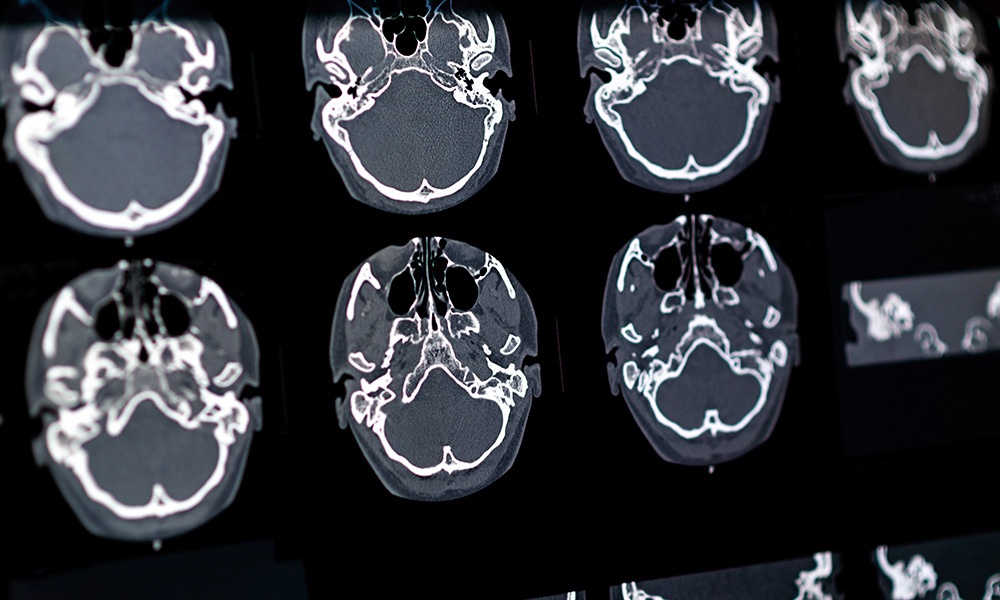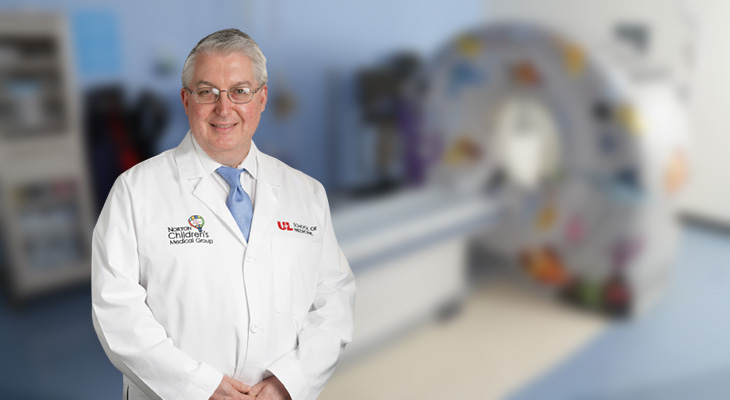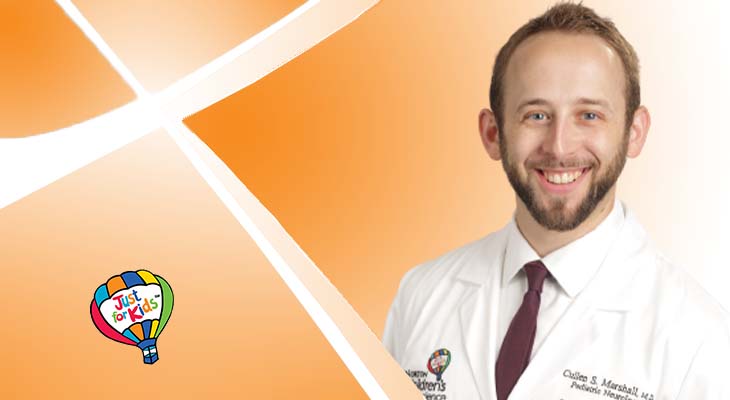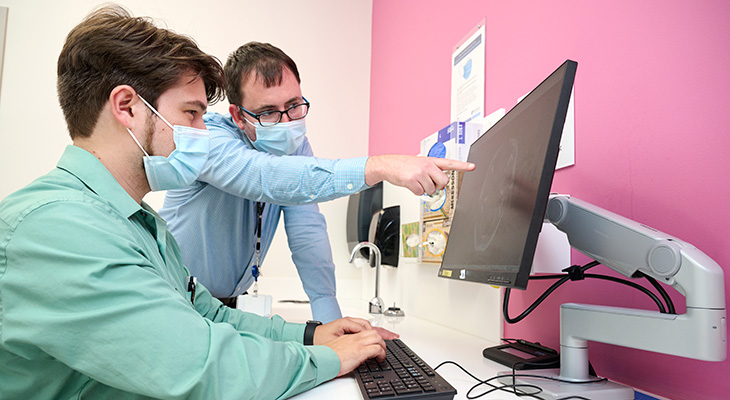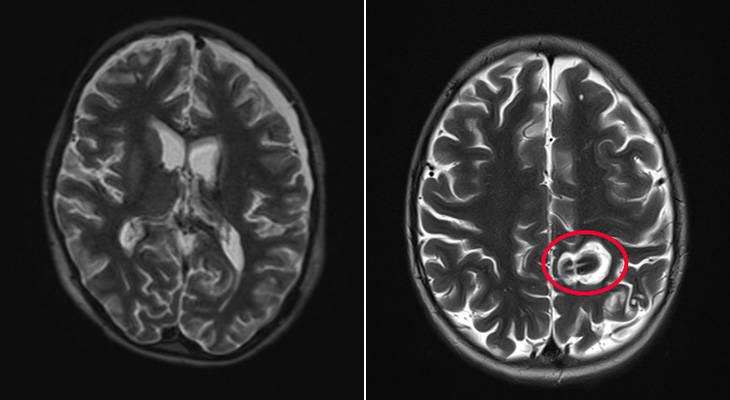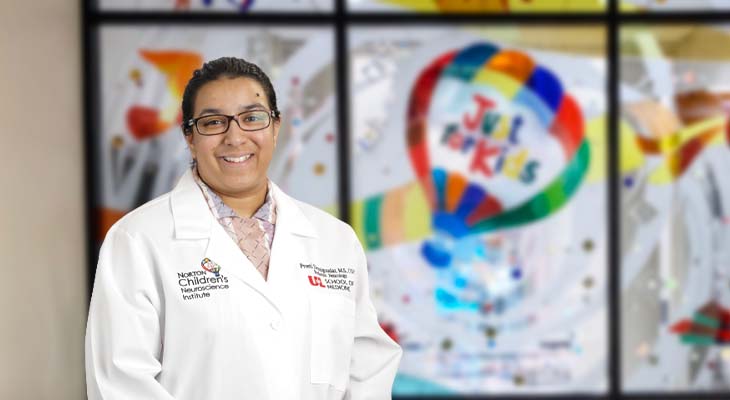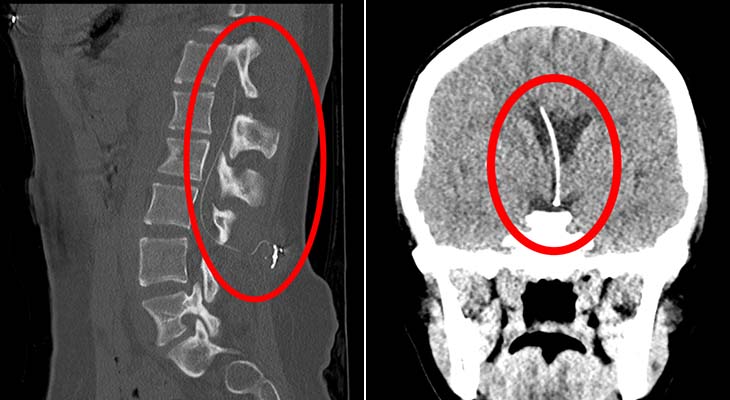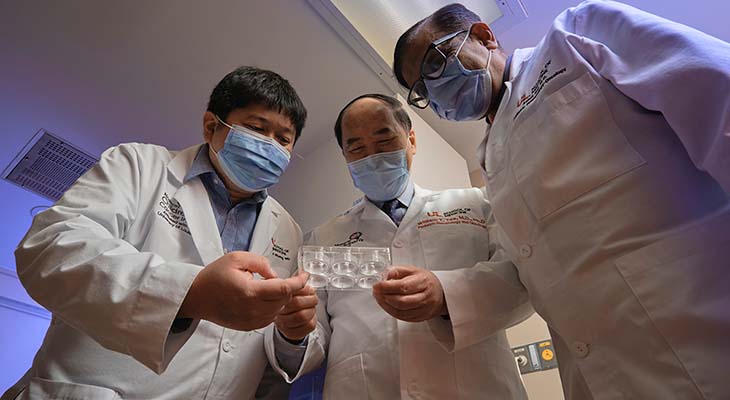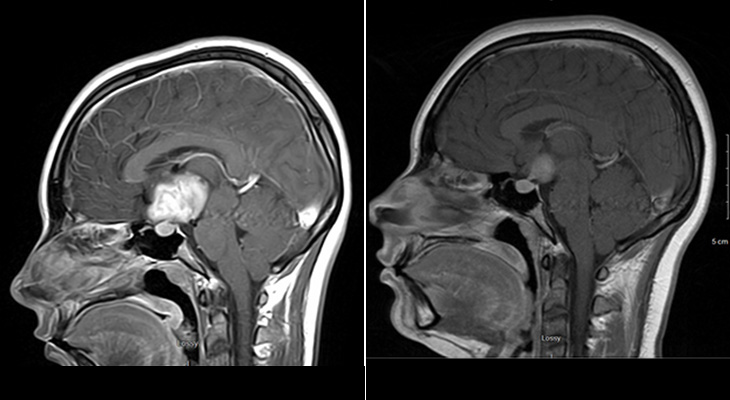Classification of cerebral palsy, updates to diagnosis and treatment
Cerebral palsy is one of the most common disabilities affecting children. It is a group of permanent conditions and symptoms that affect movement, posture, overall mobility, gross motor skills, manual ability, vision, speech and muscle […]
View moreWhat to expect when referring to a pediatric epileptologist
Pediatric epileptologists are specialized pediatric neurologists who help to confirm the diagnosis of epilepsy, discover what is causing a child’s seizures and work to find an individualized management strategy considering concomitant medical issues. Referral to […]
View moreDiagnosing and Treating Migraine in Teens
Reviewed by Brian M. Plato, D.O., FAHS, neurologist and headache specialist at Norton Neuroscience Institute. Migraine is a common, disabling condition among teenagers, making it difficult for them to keep up with school activities and […]
View moreDiagnosing autism with diffusion tensor MR imaging
Diffusion tensor magnetic resonance (MR) imaging of the brain combined with machine learning could provide a fast and objective alternative to traditional methods of diagnosing autism spectrum disorder (ASD), according to a recently published study. […]
View moreRecognize the signs and symptoms of pediatric stroke
Stroke is the sixth-leading cause of death in children, and early recognition is key. Those at higher risk of stroke include newborns and pediatric patients with sickle cell anemia, congenital heart defects, immune disorders, clotting […]
View moreCullen S. Marshall, M.D., joins Norton Children’s Neuroscience Institute
Pediatric neurologist Cullen S. Marshall, M.D., has joined Norton Children’s Neuroscience Institute, affiliated with the UofL School of Medicine. Dr. Marshall recently completed a residency in child neurology at Cincinnati Children’s Hospital Medical Center. He [...]
View moreDifferentiating tics and other pediatric movement disorders
Pediatric movement disorders are characterized by impaired voluntary movements, abnormal involuntary movements or movements at inappropriate times. Tic disorders are the most common pediatric movement disorders and can be divided into motor tics and phonic […]
View moreSuper-refractory status epilepticus case study
The patient A 6-year-old girl was admitted to Norton Children’s Hospital on May 11, 2020, with uncontrolled seizures that progressed to status epilepticus. The challenge After maximal medical intervention, neurosurgery was consulted on June 12, […]
View moreNeurogenetic counselor supports families and coordinates care
As a neurogenetic counselor, Preeti T. Desaigoudar, LCGC, educates and supports families through the process of genetic testing and a possible genetic diagnosis. Since a diagnosis can affect many parts of the body, she will […]
View moreBaclofen pump catheter implanted in brain because tissue couldn’t support typical placement
The patient At age 10, the patient was diagnosed with a high-grade arteriovenous malformation and treated with radiosurgery. About six months later, the patient developed a severe case of brain swelling that left them with […]
View morePediatricians’ primer on childhood CNS tumors
Tumors in the central nervous system (CNS) account for 20% of childhood cancers, with 5.65 cases and 0.72 deaths per 100,000 children under 14 in the United States. Brain tumors are second only to acute […]
View moreMEK Inhibitor shrinks large hypothalamic enhancing tumor in teen
The patient A 14-year-old female presented with worsening headache and deterioration of vision especially in the left eye. MRI detected a large hypothalamic enhancing tumor causing mass effect on the optic nerves. The pituitary gland […]
View more